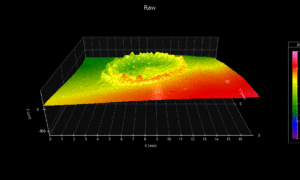
How to remove shape from a complex surface
To measure surface texture accurately we need to be able to separate it from the underlying shape. Most surface texture software can remove simple shapes such as tilt and cylinder. Complex surface shape, however, can prove difficult to handle in a lot of software. OmniSurf3D includes a number of flexible tools to handle complex shape.
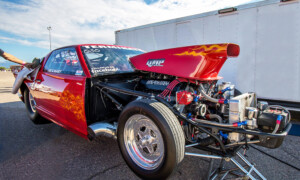
Engine performance? It’s in the surface texture.
QMP Racing’s Brad Lagman tells us how. There’s information about your performance and machining processes hiding in your surface texture. But you need to be able to see it to improve it. No one knows this better than Brad Lagman, founder of QMP Racing Engines in Chatsworth, California. Lagman has been building engines for drag
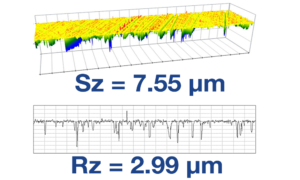
Is Rz equal to Sz?
Some 2D (profile) parameters are closely related to their 3D (areal) equivalents. For example, Ra and Sa (2D and 3D average roughness), and Rq and Sq (2D and 3D root mean square roughness) are calculated in similar manners and often produce similar values. Rz, another commonly used 2D parameter, however, does not generally correlate with
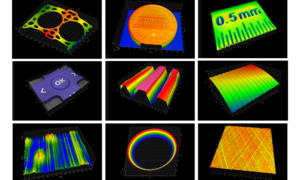
Surface Library: free-to-use surface texture data
Our new Surface Library is a collection of data that will help you to explore, understand, and explain surface texture. It contains some of the more useful and interesting data we’ve collected over the years. Some datasets highlight common surfaces. Others help show how a particular analysis affect data. And some are…well, just fun.
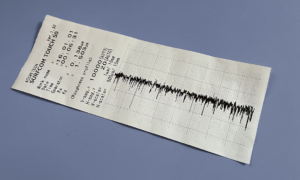
Creating a world-class digital workflow
For years labs and factories have been attempting to go paperless, eliminating hard copy documents in favor of digital storage. The benefits are compelling, from an environmental perspective as well as for data accessibility. In many cases, however, “paperless” simply means storing documents as PDF (Adobe Acrobat) files or as bitmap images—exchanging one static format
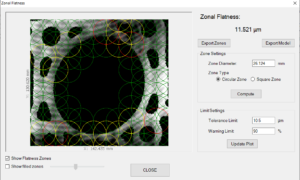
Zonal flatness in OmniSurf3D
Controlling flatness is critical for many surfaces. Functions such as sealing and load distribution are directly related to surface flatness. While controlling overall flatness is important, it may only be part of the answer. A gasket sealing with a head deck, for example, may tolerate a large amount of overall flatness variation…yet it may still
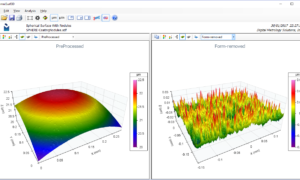
What’s really “beyond Ra”?
Years ago just about every discussion about surface roughness began with Average Roughness, Ra, one of the oldest and most widely known texture parameters. More and more, however, when I start working with people, they begin by telling me that they know Ra is not all it’s cracked up to be. Many articles have been
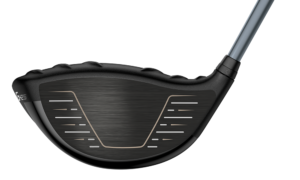
Customer Spotlight: PING golf equipment
Any golfer knows the satisfaction of watching a well-hit drive soaring for hundreds of yards, right down the center of the fairway. In golf, the 500 micro-seconds of contact between the club face and ball are the difference between a successful shot—and a walk in the weeds. It’s no wonder that golf equipment manufacturers are
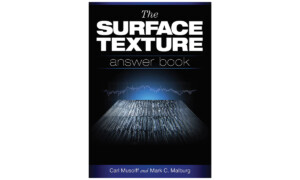
“The Surface Texture Answer Book” is now available
The Surface Texture Answer Book, by Carl Musolff and Mark Malburg, is a Q&A format resource covering more than 100 topics on surface texture measurement, analysis and specification. Many of us depend on surface texture every day. But it’s hard to find a resource that answers questions simply, in a non-academic way. This book is
